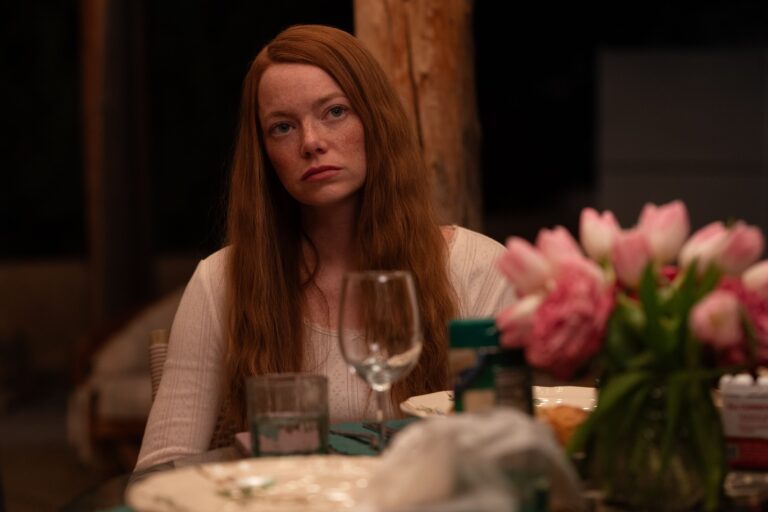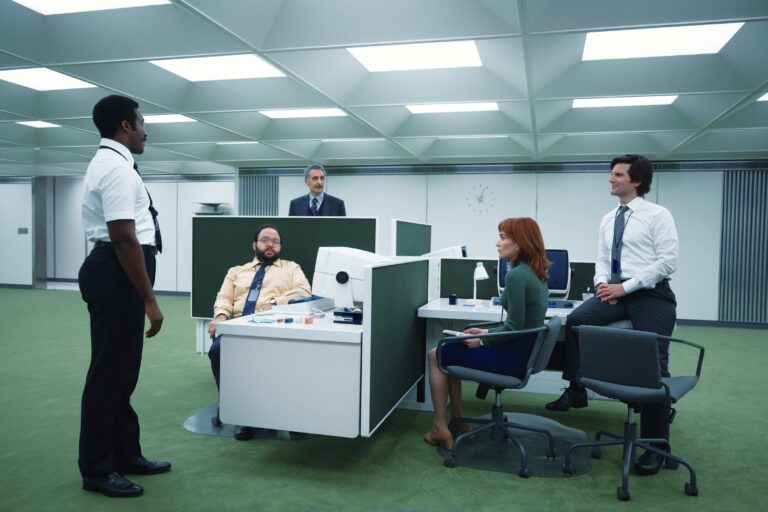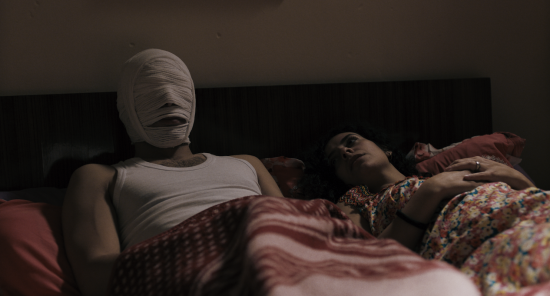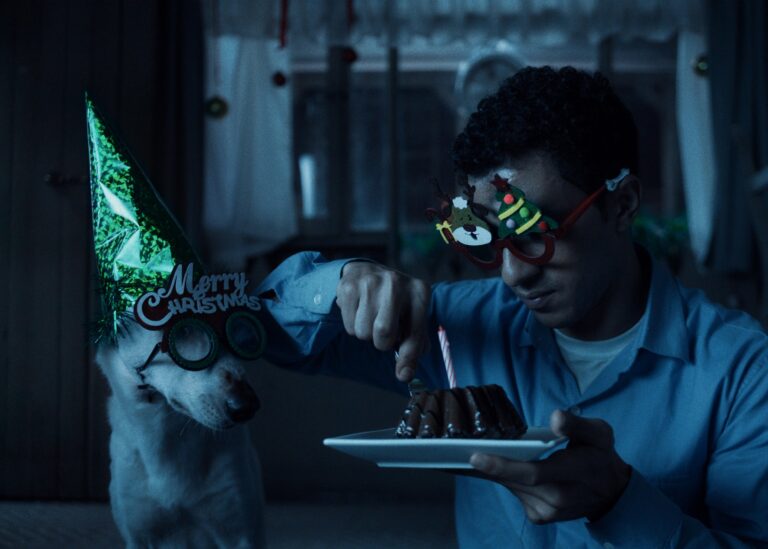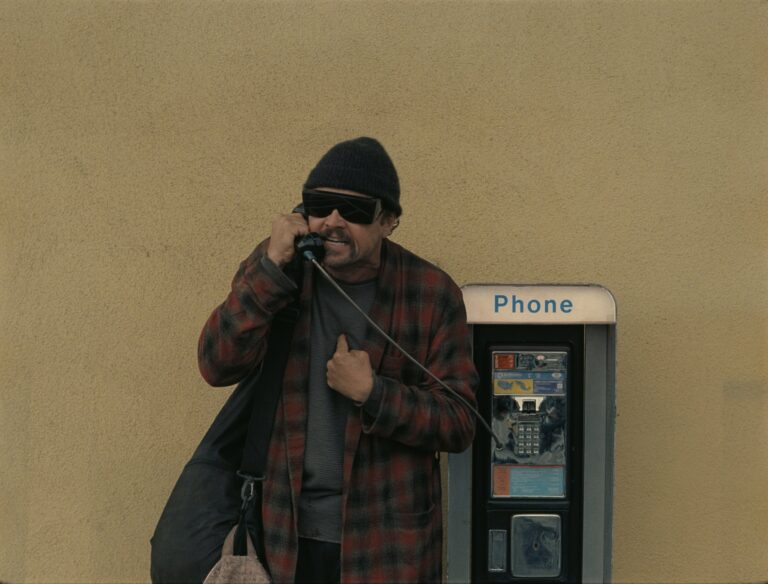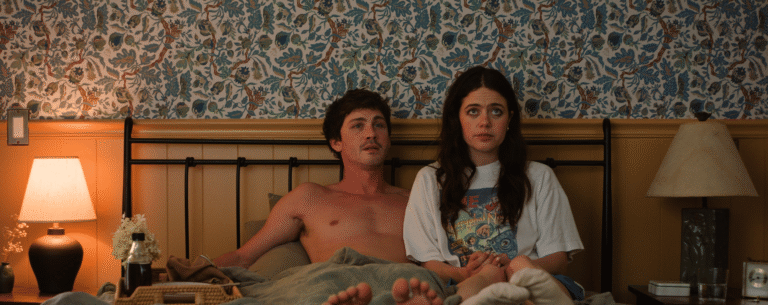Weapons: The Cathartic Act of Killing the Cronies
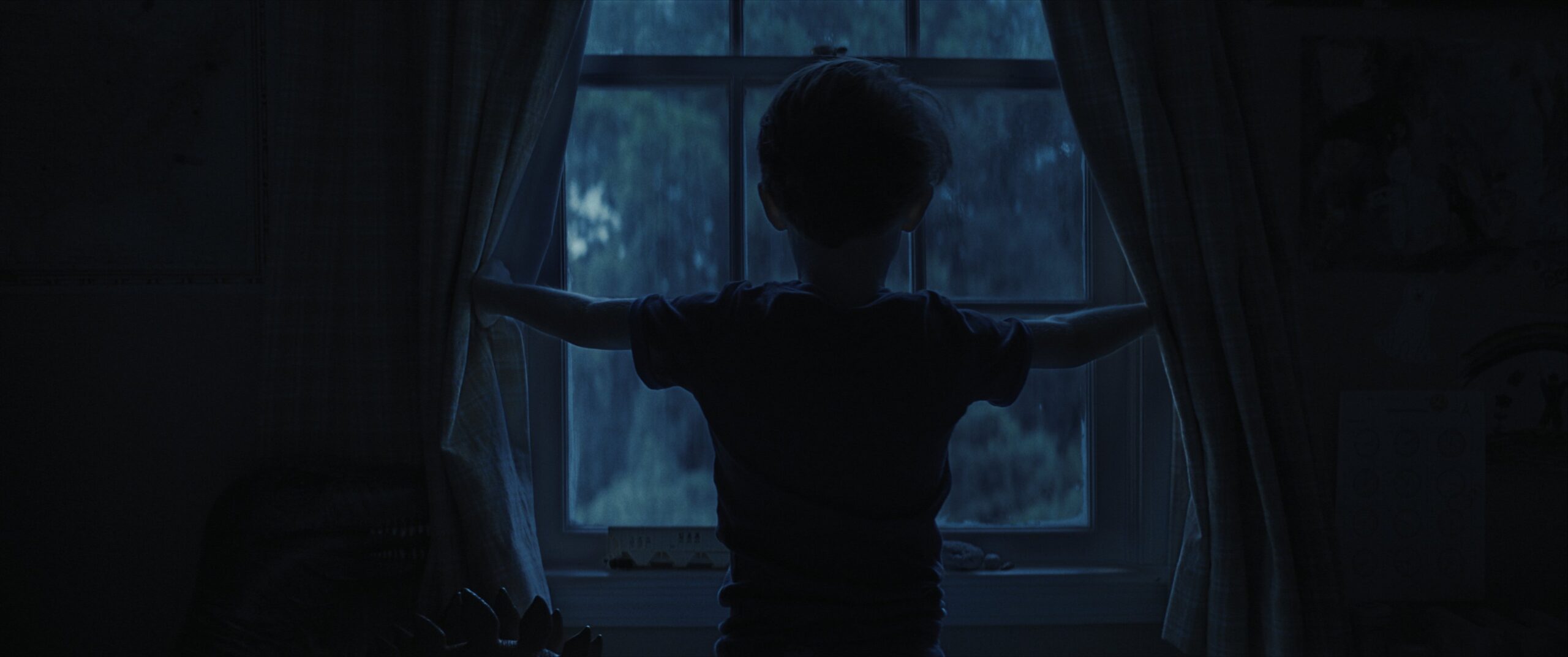
By
Zach Cregger finds fear in small towns—or rather, abandoned neighborhoods of small towns. There’s something peculiarly sinister about the way he treats those familiar places with familiar faces that suddenly turn on one another. His branch of horror (a subgenre of sorts) is the massive fear of the known.
Weapons is the second feature from Cregger that walks down this slippery slope of fearing the familiar. Can the people who have known and loved me all my life suddenly have a change of heart and turn against me? Is there something morbid lurking behind that boring-looking house with those boring-looking residents I pass by and salute every day on my way to work, and back?
Small towns offer that narrow window of ending up with the same person over and over again. Sleeping with the same people, befriending those who are around even if they don’t quite fit, becoming obsessed with the only activities available, visiting the same bar or cafe, and holding onto the one job that seems suitable.
If there’s anything unsettling about that, Cregger is a master at suburban horror rooted in the familiar places and faces, the unsuspecting existence of the “other.” Whether that other is the second grocery store that recently opened at the end of the street or the new girlfriend of an ex from 10 years ago.
Even people’s nightmares are all about the familiarity of these surroundings, how scary it is to see the same places and the same streets that one has walked in all their lives, magnified and horrified, trapping people in an endless loop of the acquainted despair of the known.
One thing that may have worked for Barbarian but not for Weapons is the chapter structure. Once the Archer (Josh Brolin) chapter begins, the movie loses my interest. Archer’s storyline feels like a faded piece of cloth, and it’s not Brolin’s fault; he portrays his character with such subtlety, but the character itself fails to capture my interest or make me root for him.
Unlike the flawed Justine Candy (Julia Garner), Archer’s story seems like an unnecessary interruption between the flick’s key segments, creating a disconnect between the strong opening and closing chapters.
The same goes for the Paul (Alden Ehrenreich) chapter. These two middle chapters are the weakest. Then comes the James (Austin Abrams) chapter, and the momentum picks up again, returning to a heightened, frantic rhythm. Once more, the film grabs me by the throat, keeping me wide-eyed and on the edge of my seat.
Enter Gladys (Amy Madigan) in the Alex chapter, and this horror piece reaches the familiar, underlying sinister tone that Cregger accustomed us to in Barbarian. That feeling of inexplicable unease, that rotten seed of doubt that he plants in our souls.
Gladys is the embodiment of every small town’s elderly community, those who have mastered the art of survival at the expense of the young adults and the children. The greedy, narcissistic need of the older masses to obliterate the youthful glow of those in the growing stage.
Their town, their rules, consuming whatever gossip, lives, and entities they can get off the less experienced, the ones trapped in the miseries of the mundane existences in every small town and abandoned neighborhood. Gladys is like The Mother in Barbarian, she preys on the weak, using every trick up her sleeve to feed on the hapless and the weary.
Her excuses are endless, and her victim mindset works well even on the most hostile toward her. There are many other disturbing manifestations of Gladys of course, but since this is not the time and place for them, I’ll put them to rest, hopefully revisiting this feature later on to watch it through a different lens.
Cregger creates a monstrous community and presents a frightening solution. For small towns to thrive, they must eliminate the elderly. The outdated mindsets, the ever greedy, decaying minds of those still controlling the rebellious youth, act like masterful puppeteers in the shadows. Although his ending may seem brutal and horrifying, he presents it as the only way to radically cleanse a corrupt mentality and stagnant daily routine.
When danger threatens the children, the future, one must be proactive and destroy the witch -the stagnant, rusty minds of the old cronies- who secretly manipulates everyone like chess pieces on a board. Burn it all down to start fresh. Or better, eat it, ritualistically, till the last bone.
Like Eddington in the same year, more filmmakers are trying to highlight small-town paranoia and Goliath-like protagonists losing it in the face of an incomprehensible evil. Does Cregger succeed in crafting yet another scary tale that leaves people confused about what they just watched? Absolutely.
Do we all really get what he wants to say in this particular narrative? Maybe, and maybe not. But that’s not the point of art, is it? Art is meant to be consumed, raw or well-done, only to be regurgitated again in the form of analysis or critique, or -in a more unfortunate scenario- defecated as a useless object.
Considering the state of debate and discussion that Weapons has caused on every social media platform, and among film enthusiasts all over the world, this is an important horror think piece that will leave us many sleepless nights mulling over it for years to come.


